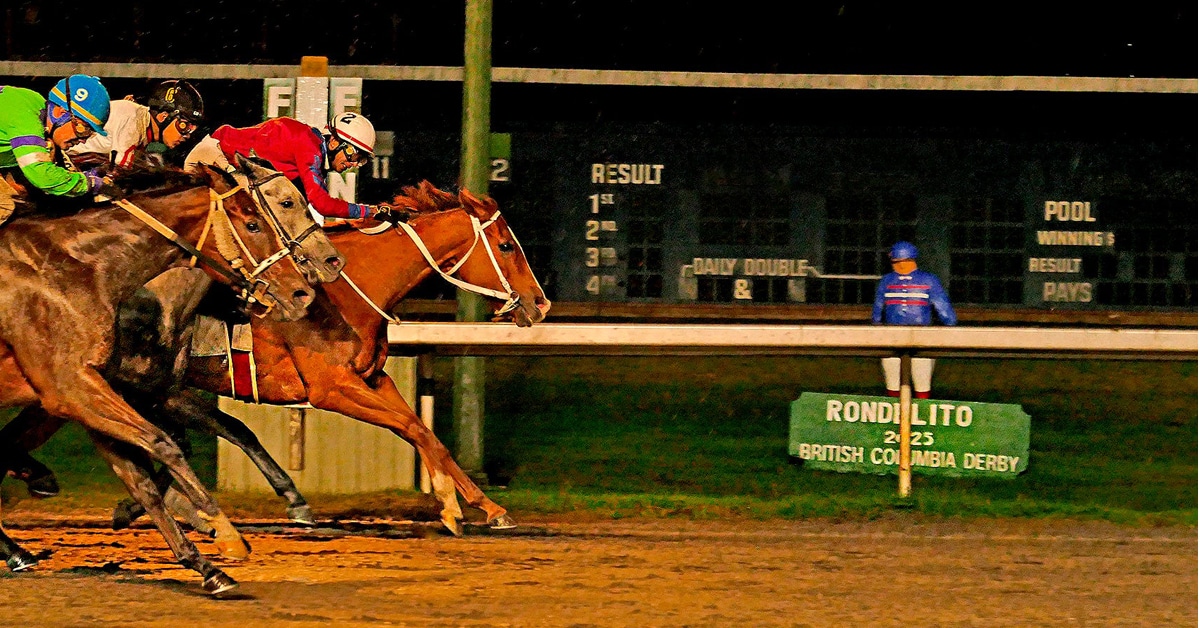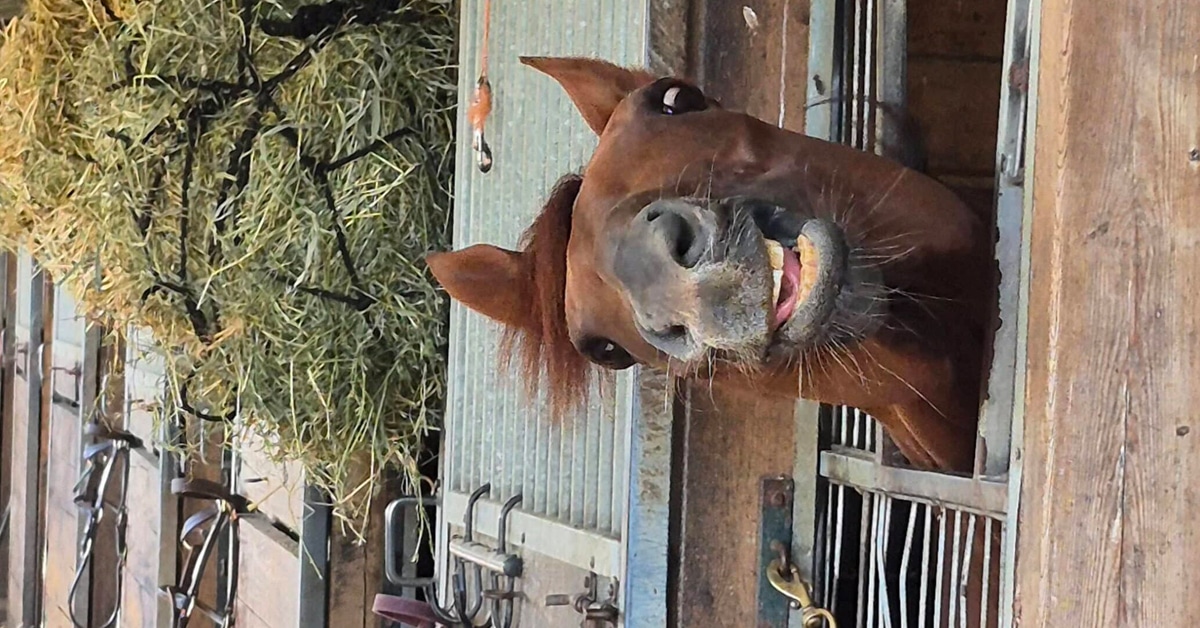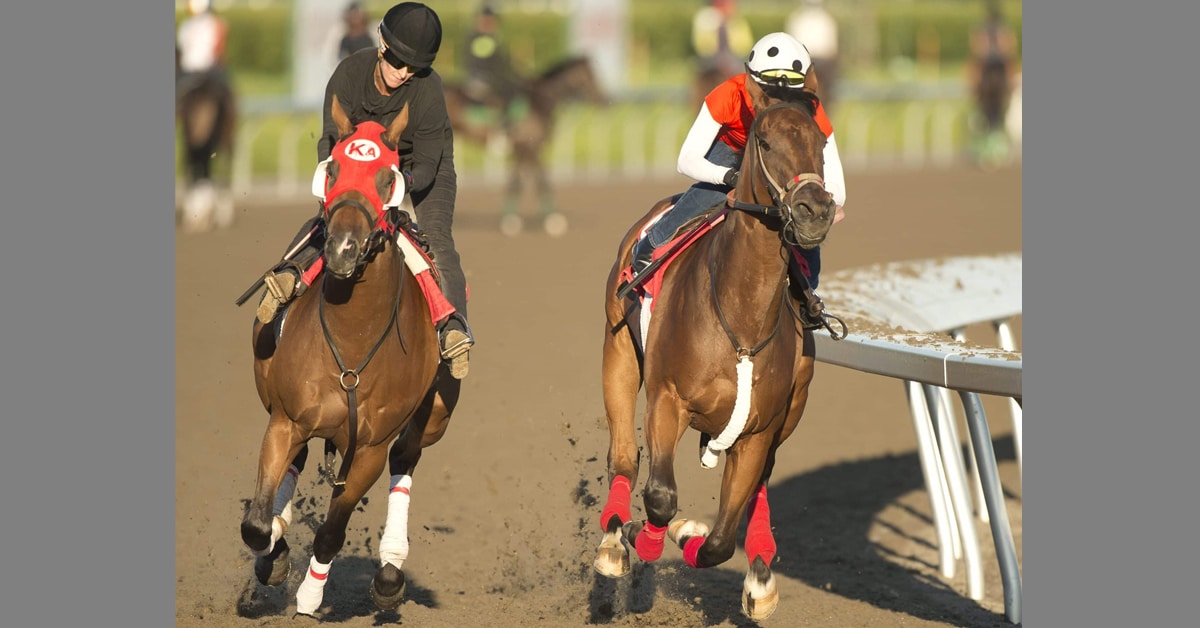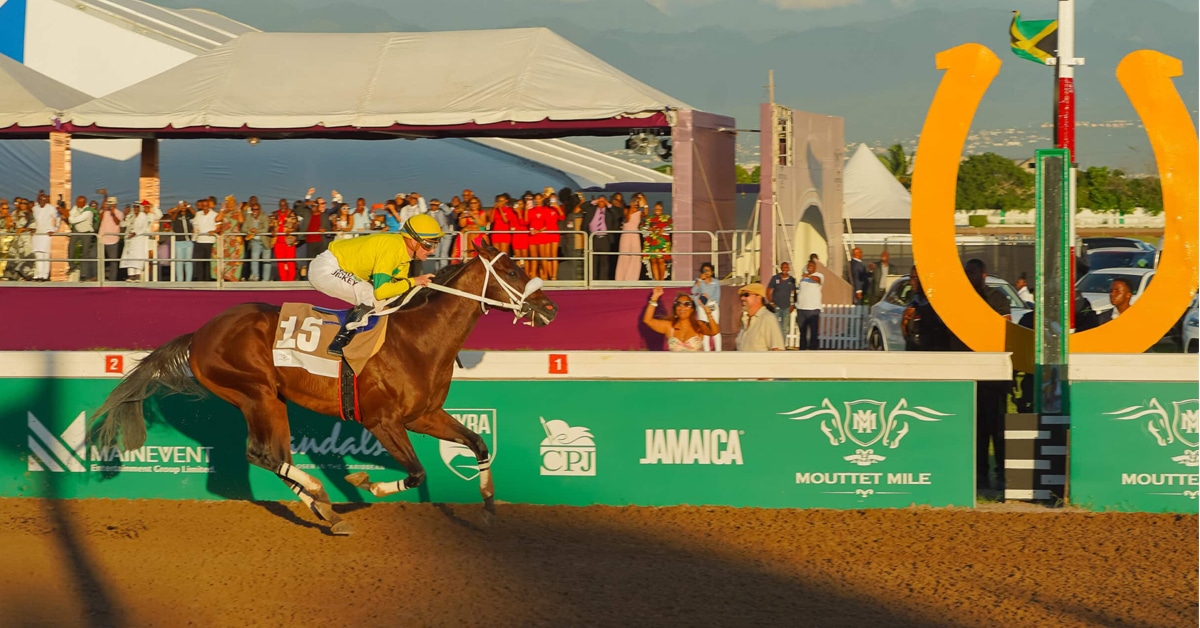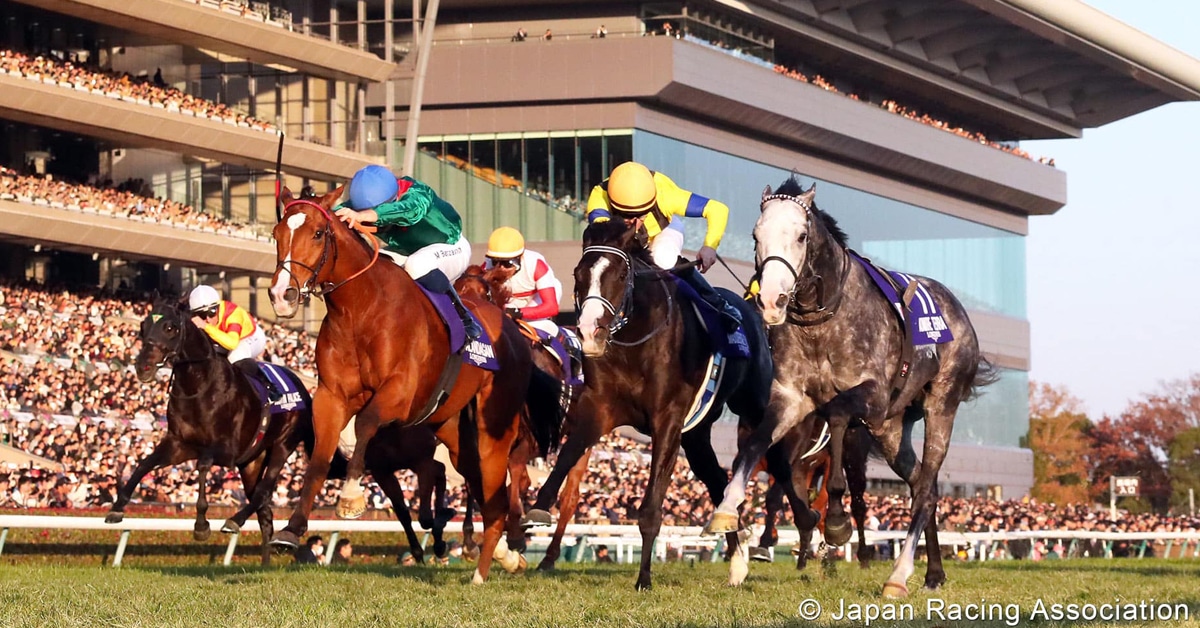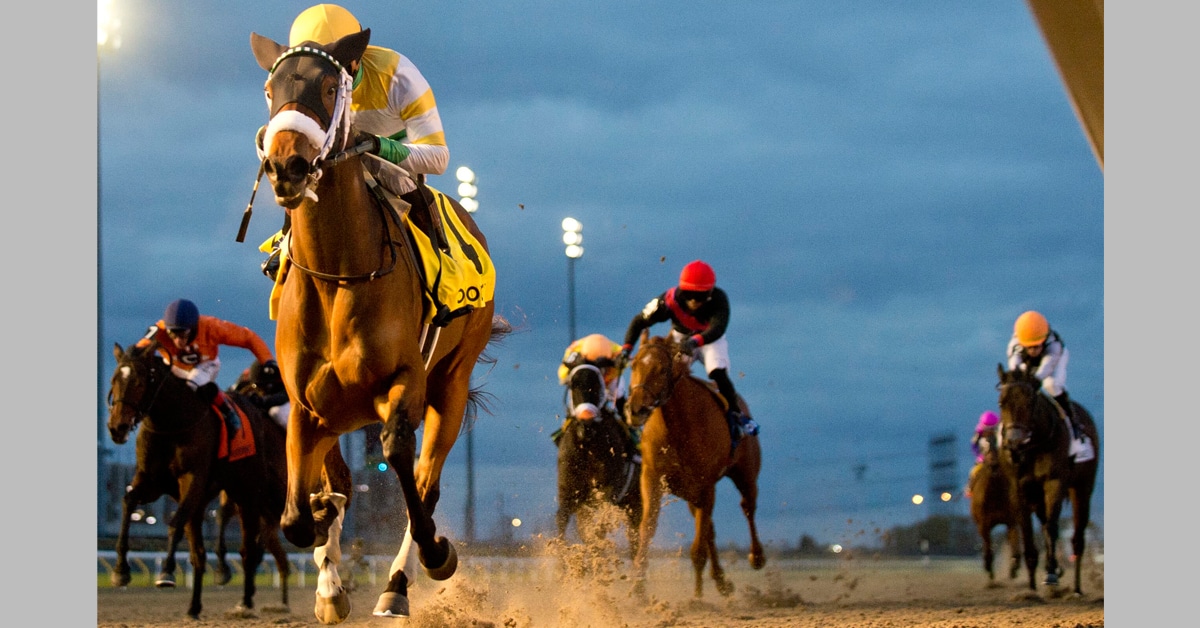In a speech to launch the 153rd running of the Queen’s Plate, Nick Eaves, President and CEO of Woodbine Entertainment Group (WEG) announced that this may be the last year for this iconic Canadian horse race. The Queen’s Plate is the oldest annual sporting event in Canada.
“Earlier this year the Ontario Government made the decision to arbitrarily cancel the commercial contracts between Ontario’s racetracks and the OLG. The cancellation of these contracts will devastate the province’s horse racing and breeding industry which contributes $4.5 billion to the Gross Domestic Product (GDP),” said Eaves. “As a result of the Government’s current position, premier race events such as the Queen’s Plate as well as day-to-day horseracing are in jeopardy.”
The cancellation of the Slots at Racetrack program is ending an extremely successful private/public partnership in the name of modernizing the OLG operations. The racetracks, as the private partner, have invested capital and provided their land, facilities, infrastructure, and parking, making this program the most profitable of the OLG’s land based gaming venues. This program has added $14.4 billion to the Provincial Treasury since its inception in 1999, with WEG’s facilities contributing approximately half of that amount. Despite the enormous success of this program, the Province’s current comprehensive gaming strategy does not include horse racing.
The Government has indicated that the industry must now be self-sustaining in a market where, pursuant to the Criminal Code, the provincial government has a monopoly on all other forms of gambling. The OLG Modernization Plan is all about growth and expansion of the government’s gambling business. “How are we expected to compete when the referee is also our opponent?” Eaves emphasized.
In order to accommodate the racetrack slots program, tracks were required to change their business model significantly, including eliminating admissions and parking revenue. Revenues for the horse racing industry were exclusively from the bets made by its customers. Horseracing customers provided a ready-made customer base for the OLG racetrack slot operations, which have cannibalized wagering on horseracing. These changes were factored into the 20% commission paid as rent to the industry under the commercial agreements. This 20% commission was confirmed as appropriate by the government in 2010, when WEG and the OLG amended WEG’s long-term agreement in order to build out the slots expansion at Woodbine in which WEG invested $32 million.The Slots at Racetrack partnership has been the envy of other jurisdictions. Its success has elevated Ontario’s horseracing and breeding industry, giving this agricultural sector international recognition and enabling the industry to be a major contributor to the provincial economy. Mr. Eaves concluded his remarks by saying, “WEG hopes that the government will include the successful and participatory integration of horse racing into the province’s overall gaming strategy. Otherwise it is hard to see the numbers working to allow WEG to be more than, at best, a pale imitation of its current status as a renowned international leader in both the thoroughbred and standardbred industries and, the anchor of Ontario’s horseracing and breeding industry.”
More News
